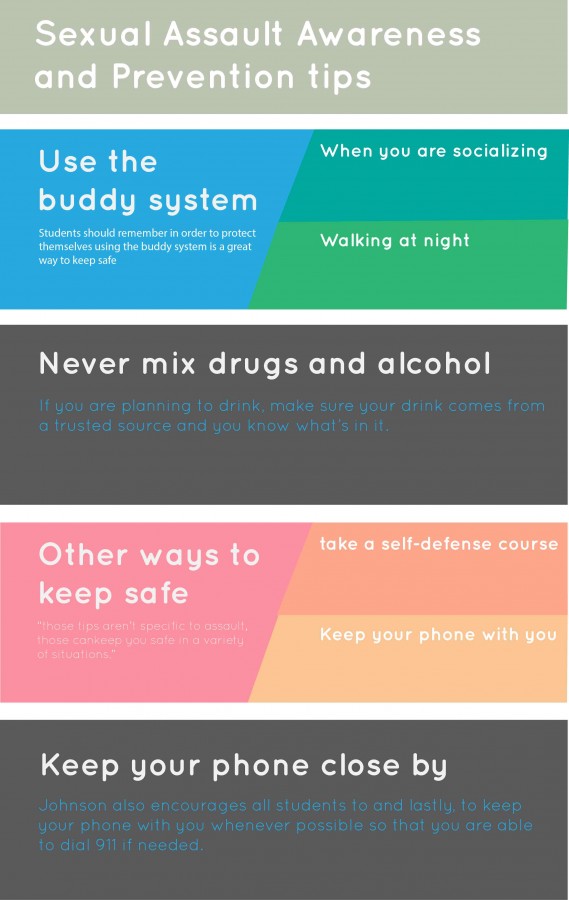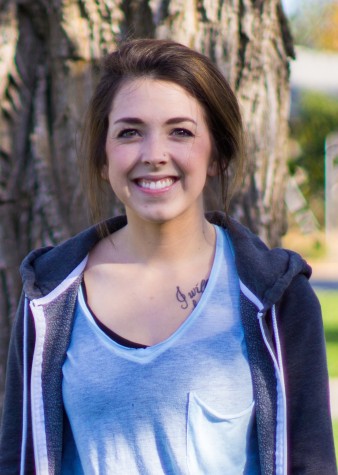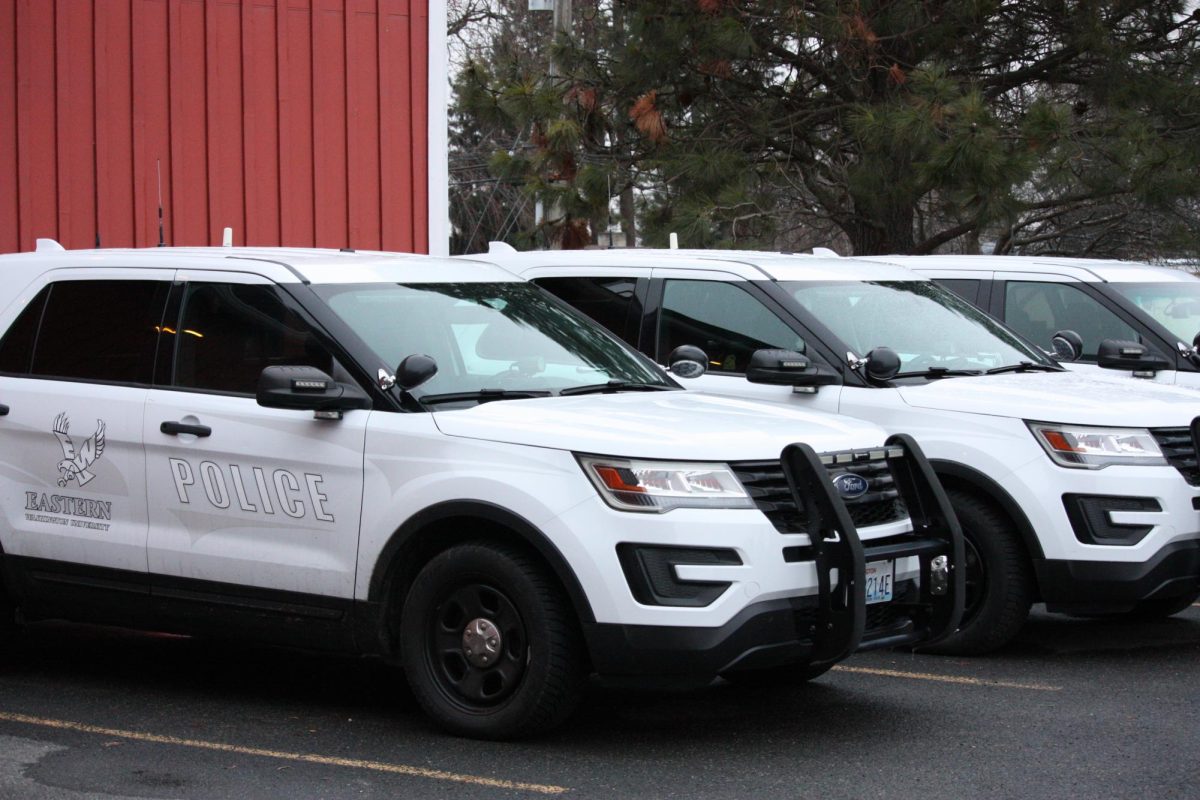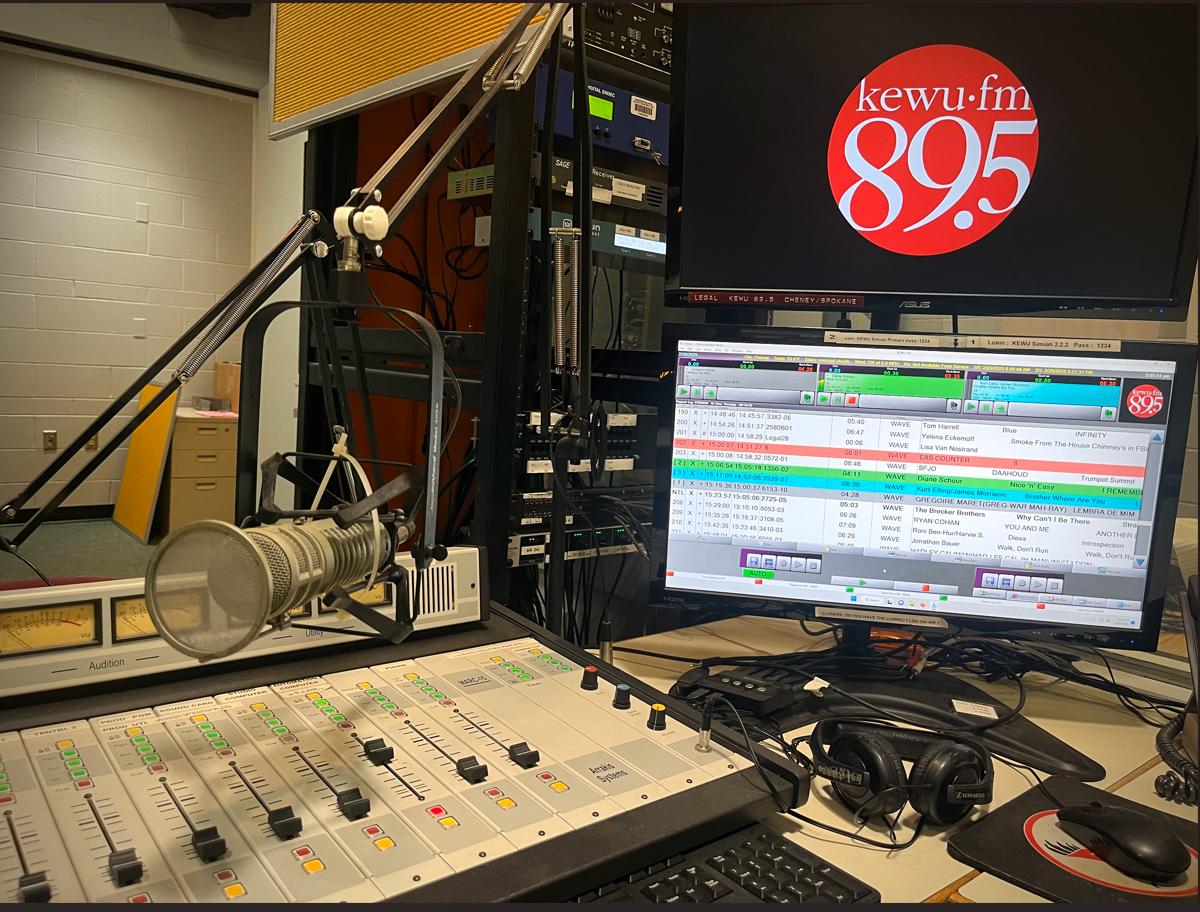EWU sees rise in reported sexual assaults
November 4, 2015
According to EWU’s Timely Warning Log, a total of seven sexual assault have been reported between Sept. 16 and Oct. 21. In comparison to previous years, two sexual assaults total were reported in both 2014 and 2013.
Associate vice president for Student Life and Dean of Students Amy Johnson said that the one thing they are certain about it that these assaults are significantly under reported. She said, “I don’t believe it is any different at EWU than it is at WSU or Evergreen,” and added that thankfully Eastern is well-prepared for these occurrences. As far responding to students concerns about the assaults she said, “I think it’s important for people to understand that when they read sexual assault it doesn’t always mean rape.” She pointed out although sexual assaults are a very serious matter, it is important to note that the word sexual assault is used to describe anything from unwanted kissing to rape and everything in between.
Director of Health, Wellness and Prevention Services Tricia Hughes said, “I would agree with Dean Johnson that we can’t tell whether there’s more sexual assaults occurring, all that we can tell is that this is a grossly underreported violent crime and more people are coming forward.” She went on to say, “we have more freshmen living on campus than we have ever before. The first six weeks on a university, any university you go to, is the highest risk time for sexual assaults.”
Johnson stated, “We have 3 primary resources that we are pursuing,” when it comes to responding to issues of sexual assault. These resources include an online course called Think About It, a program called Speaking of Sex that is put on during Welcome Week and a public awareness campaign called Start By Believing. According to Johnson, the Start By Believing program has trained more than 300 students, faculty and staff in how to respond to someone who says they have been sexually assaulted. Johnson said they have hopes to double, even triple that number this year. She said that they are “working really hard to create a campus culture that is supportive of survivors.” She believes it is important for students to know “the victims are never responsible for the crime.”
Think About It is an online course that is required for all students new to EWUas student athletes and Greek students to be taken each year. The course covers sexual assault education and prevention, high-risk drinking, drug use and university resources that are available.
The Speaking of Sex program is done during Welcome Week and participation is required of all new students. The program covers sexual assault education, interpersonal communication about sex, consent and healthy relationships. This is the second year EWU has implemented the Think About It course and Speaking of Sex program.
Hughes said that the main goal of these programs is “to give a baseline knowledge to all of our students around the resources that are available to them if they or a friend were to be sexually assaulted, that are both on and off campus.” She said that another purpose is to “talk about the rape myths that exists.” She said, “Students believe that rapists are scary guys in dark back alleys,” when in fact, that is not the case. Hughes said, “90 percent of sexual assaults are by someone who is an acquaintance of some sort. Maybe you have a math class with them or they live in your residence hall or you met them at a party. We really want to bring that home for our students, because sometimes they don’t equate that as a sexual assault.”
Think About It and Speaking of Sex also gives information to students on how to be an active bystander. Hughes said, “If you see something that just doesn’t feel right in your gut [these programs teach] how to safely intervene in those situations and help someone out.”
According to Hughes, the Start By Believing campaign was implemented last February through funding from The Board of Trustees Diversity Grant.
“It is a public awareness campaign to help people understand how to respond to someone who comes to you and says, ‘I’ve been sexually assaulted,’” said Hughes.
The main goal of the campaign is to train students in supporting victims of sexual assault. “We want them to start by believing,” she said. “We want them to empower the survivor, let them know what their resources are and not bring any of the blaming, shaming and other things into the equation that happen.”
Health, Wellness and Prevention Services began getting awareness out for the campaign in the 2014-2015 school year, according to Hughes.
“I think we worked really hard to get information out last year about Start By Believing,” said Hughes. “And then this year, for instance, when all the students went to the Speaking of Sex presentation, they were handed a resource card on how to report a sexual assault. So I think we have done a better job of getting reporting information in the hands of students.”
There are also a few tips Johnson said she believes students should remember in order to protect themselves such as using the buddy system when you are socializing or walking at night. She said that if you are planning to drink, make sure your drink comes from a trusted source and you know what’s in it. She said students should make sure their drink never leaves their sight from the moment it is poured. All students should also be aware that they should never mix drugs and alcohol, whether prescription drugs or not. Johnson also encourages all students to take a self-defense course and lastly, to keep your phone with you whenever possible so that you are able to dial 911 if needed. She stated, “those tips aren’t specific to assault, those can keep you safe in a variety of situations.”
According to Johnson, there are two specific points she believes are important for students, faculty and the community to know. One being that people know how to report an incident and are getting referred to the right contacts and two, people are feeling comfortable enough to come forward and say, “this happened to me.” She said it is very important that people know where to go and that they feel comfortable reporting these incidents.
For students wanting to get involved, “There are actually three clubs on campus that touch on these issues of sexual assault,” said Hughes. They are the Peer Health Educators, the Scary Feminists and Planned Parenthood Generation Action EWU, which is new as of this year. Hughes said that all three clubs have a hand in sexual assault prevention.
Students can contact EWU’s Health, Wellness and Prevention Services located in the University Recreation Center for more information about the Think About It course, Speaking of Sex program and Start By Believing campaign.








